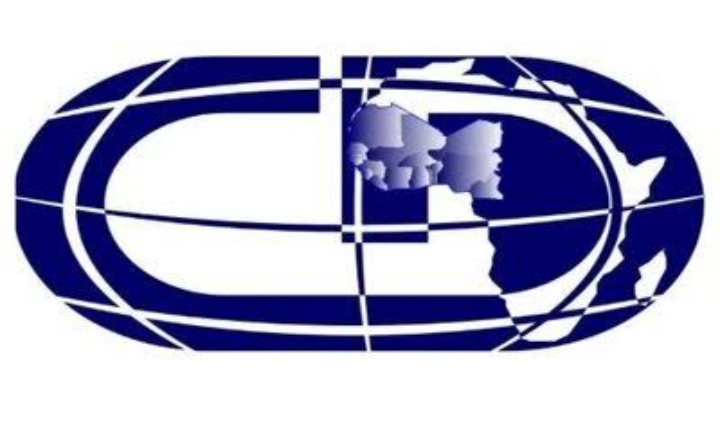In line with the agenda for the reform of tax rules aimed at realising gender equality in Nigeria, the Centre for Democracy and Development (CDD) has released a report on women’s participation in urban governance through effective taxation.
The report titled: “Women’s Work and the Taxation in the Informal Economy: Issues in Urban Governance in Nigeria.”
The research covers four states– Kano, Imo, Niger and Oyo – and involves twelve Focus Group Discussions (FGD), three per state, consisting of ten female respondents purposively selected from markets and neighbourhoods.
The report sums up the intersection of tax, politics and governance and enhancement of women’s development. The report assessed the national tax policy, which takes the two forms – the personal tax income and the development levy in the informal sector.
The research revealed an information asymmetry between women in the informal sector on the one hand, and tax officials and the government on the other.
Several women, especially traders, regard electricity and security bills as tax, and there was a general perception that tax collection and compliance do not apply to women.
This highlights the lack of citizen’s awareness of taxation but also reflects the approach of the government, with one respondent noting that “the plan for revenue collection by the state governments, excludes women from meaningful tax assessment”.
Again, while there were issues of multiple taxations through various boards and committees, these women received little or no communication on taxation structure.
Interestingly, women who understood the importance of taxation were concerned about how the tax collected is utilised.
The report also revealed an intersection between politics and taxation. While both national and state tax policies are not gender-biased, we found that tax collectors perceived state government officials as not being interested in collecting tax from market women because of their voting strength during elections. In Oyo State, a revenue collector posited that during tax raids, women typically call male politicians at local government levels to order the collectors to stop.
We also found that state and local governments have hired consultants to collect taxes. The taxes collected do not go towards providing social services. In Bida and Owerri, respondents noted that despite being made to buy ‘waste disposal drums’ for N5,000, the local waste disposal departments leave the drums overflowing with waste. They also reported a very poor electricity power supply as affecting their work.
Respondents also reported cases of extortion by police or a localised group such as “operatives of Owerri Indigenous Rights” who sometimes harass market and street vendors. The tax collection system is also challenged by a lack of a comprehensive database of taxpayers in the informal sector.
In Kano, the work further revealed that about 90% of women are self-employed, but working from home due to social or religious norms which make the work of self-employed women hidden from national planning.
Respondents in the state expressed that while they do not pay tax, it is not because they are women, but because society rarely allows them to work outside the home.
Some of those interviewed expressed a willingness to pay tax on the agreement that the governing systems provide basic needs regularly.
However, non-indigenes women trading in the north pay rates such as tenement rate and waste fees.
These women still suffer from the lack of social protection programmes within the markets as should be provided by the government.
CDD findings show that this neglect accumulates into cyclical developmental problems that affect the provision of social services, maintenance of retail spaces and constantly debars the zeal for political participation and engagement in accountability mechanisms.
Following the findings and some of these revenue collecting operations which can be defined as extortion, the Centre recommends:
• A reconstructing of markets with modern retailing designs convenient for health, safety, security and economic advantage to make a decent workspace and an elevation of the markets into modern retail spaces through Public-Private Partnership.
• There should be adequate and constant public awareness campaigns on how and why women are not exempted from taxation.
• Tax agencies should work with adult education experts to map out teaching and learning strategies for taxation peculiar to market women.
• For the tax collection process, there should be transparency and accountability through the use of digital tools tying the teaching and learning process to ensure optimum compliance.
• Also, there should be an improved working relationship between women-led market associations the political leaders to strengthen bargaining strength and grassroots participation in politics with increased spending on social services in commercial and trading spaces among many others.
There is a need to adopt the Women Enterprise Registration (WER) model. The responses from revenue collectors at both states and local governments show that collection is politicised; thus, this model will ensure individualised identification of women’s businesses. It will work to monitor tax-related payments made by women, with the ambition of instilling a sense of collective responsibility to demand accountability for how the state uses those payments. It also works as a source of valuable information for female politicians wanting to engage women in the informal sector for engagements such as participatory budgeting.
A Feminised Ease of Doing Business (FemEODB) is essential to improve women’s enterprise gradually. This would include supporting better access to business education and micro-finance and improving their capacity to keep business records and to set aside specific spaces for this to happen.
There is a need to undertake a census of markets to identify the status of women and their specific needs, such as childcare services, sanitary facilities, and health centres. This information would then work to build a partnership between government ministries of women’s affairs at the state-level, commerce and industry and financial institutions to cater to specific needs such as business spaces, business training, literacy programmes, health campaigns, and financial plans.
The full report can be downloaded HERE
